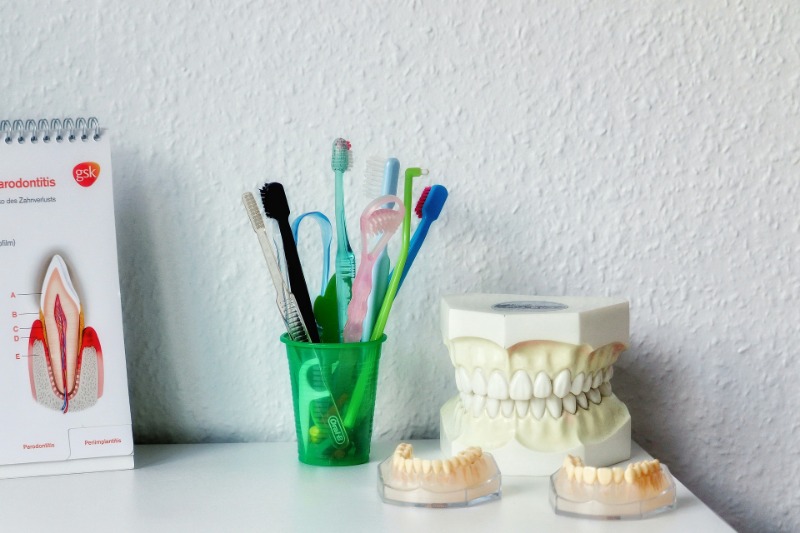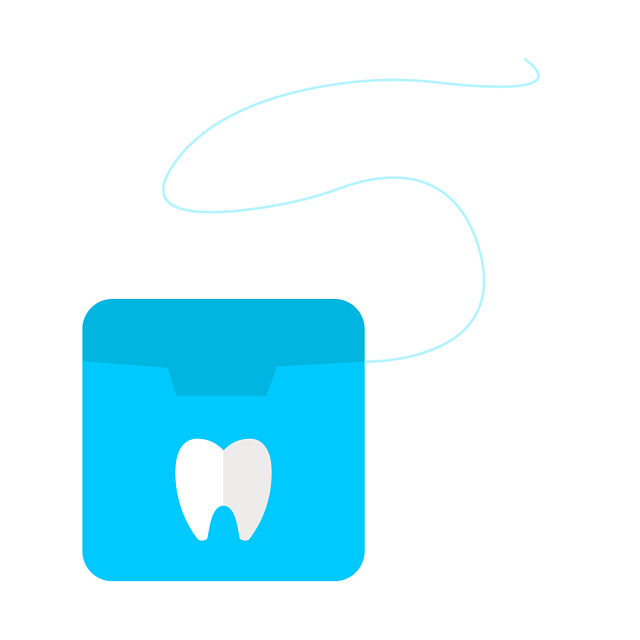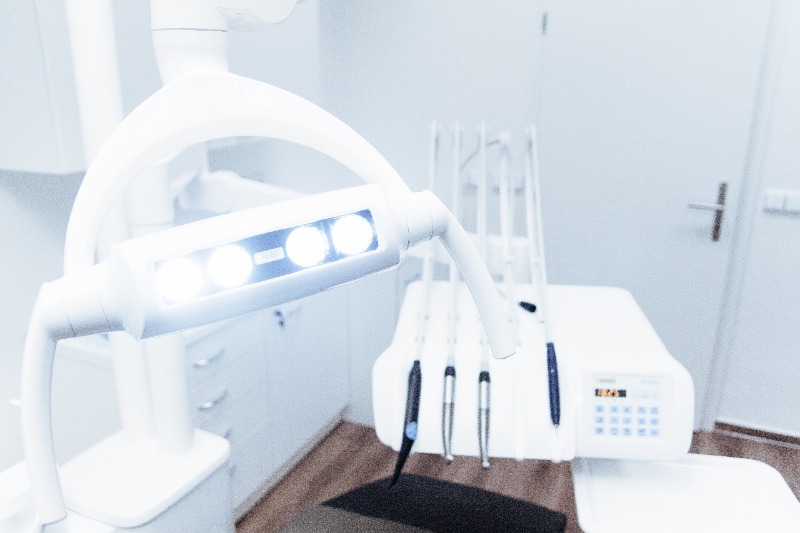How to Care for Dental Implants

Hygienic care of dental implants is an important preventive procedure, which allows ensuring a high level of oral hygiene after dental implantation. It significantly increases the life of dental implants, prevents the development of complications, and makes dental implantations at My Dentist Burbank successful.
In order for the implant to serve for a long time and fully, you need to properly care for it. It is very important to remove plaque daily. If you have dental implants it does not mean they do not need oral care as regular teeth do. There are so many myths about dental implants that our dentist debunked the most common 9 dental myths.
Stages of Dental Implant Care:
- Brushing with a special paste;
- Cleaning with dental floss or interdental brush;
- Use of antibacterial rinse;
- Use of irrigation system.
Brushing Dental Implants
Brushing can remove plaque from crowns on implants, as well as on your own teeth. You need to brush your teeth twice a day – in the morning and in the evening (after eating). Do not forget to brush over the interdental spaces and the inner sides of the teeth.
Caring for implants with a toothbrush is the same as for your own teeth: from top to bottom on the upper jaw and from bottom to top on the bottom jam. Massage circular movements for the gums.
It is better to clean the interdental space with electric brushes, as they better reach hard-to-reach places.
Dental Implant Flossing

When caring for dental implants using floss is required. The shape of the dental floss is flat and round. The flat shape floss is best suited in cases where the gap between the teeth is very narrow.
The dental floss is inserted between the teeth and, it removes food debris and plaque. Then the floss is pulled through the inner side of the tooth, and the lingual part of the neck of the tooth crown is cleaned in the shape of the letter P and the translational movements.
With large gaps, sometimes dental floss is not enough. In such cases, use interdental brushes, the size of which will be selected by the Burbank dentist.
Rinsing the Oral Cavity with Dental Implants?
After brushing your teeth with a toothbrush and thread, you need to rinse your mouth well with a special rinse. It should be alcohol-free but have an antibacterial effect.
Use of Irrigation System with Dental Implants
Interdental spaces are well-cleaned with an irrigator. The pressure of the water jet thoroughly cleans even hard-to-reach places. In addition to cleaning the mouth, the irrigator gently massages the gums. It improves blood circulation and relieves inflammation in the tissues. Regular use of the irrigator improves the health of the gums and teeth.
When using irrigators, you should realize that irrigation does not replace traditional brushing with a brush, but only complements it.
The recommended irrigator for implants is Waterpik or AquaPulsar, which have a special attachment to care for them.
Dental Diet after Dental Implantation
After the implantation of teeth, the best dentist in Burbank, Dr. Sahakyan requires a special diet, which excludes hard and coarse food. Food after implantation consists of fruit and vegetable puree, cereals, and meat dishes prepared from minced meat.
Mechanically-sparing diet on the side of the operation for 2 weeks.
Get Rid of Alcohol and Smoking after Dental Implantation
Engraftment of implants begins immediately, so alcohol after implantation is strongly not recommended. Also, smoking has a very negative effect on implants and can provoke the rejection of a dental implant. The warranty on implants for smoking patients is less than for non-smoker patients.
Professional Hygiene for Implants in Burbank

Professional hygiene extends the life of the implants. Even with the highest hygiene at home without the help of the Burbank dentist your teeth and dental implants will miss the important treatment they need to get at least twice a year. Lack of professional dental hygiene can lead to the accumulation of deposits around the implant and the appearance of inflammatory and destructive changes in the gums and bone. Dental calculus, which is located on the coronal part of the teeth, is not the biggest problem. The greatest threat is the stone that gets accumulated under the gum. It injures the ligaments that hold the teeth or implants in the bone tissue. Thus your teeth or the dental implants become mobile and you become at risk of losing them.
How Often Do You Need to do Professional Hygiene for Implants?
Professional hygiene needs to be held at the Burbank dentist at least every six months. The intervals at which you need to do professional cleanings depend on your lifestyle and oral health. The dentist takes into account all these factors and recommends 2 or more visits per year. Whatever good personal hygiene products you have, only the dentist can clean out hard-to-reach places.
Be sure that with regular and high-quality oral care, dental implants can last you a lifetime. In the dental office at My Dentist Burbank, you can get qualified advice from experts in order to choose the most suitable dental implant and get recommendations for dental implantation surgery. Please call 1-818-578-2332 or contact our dental office today.


